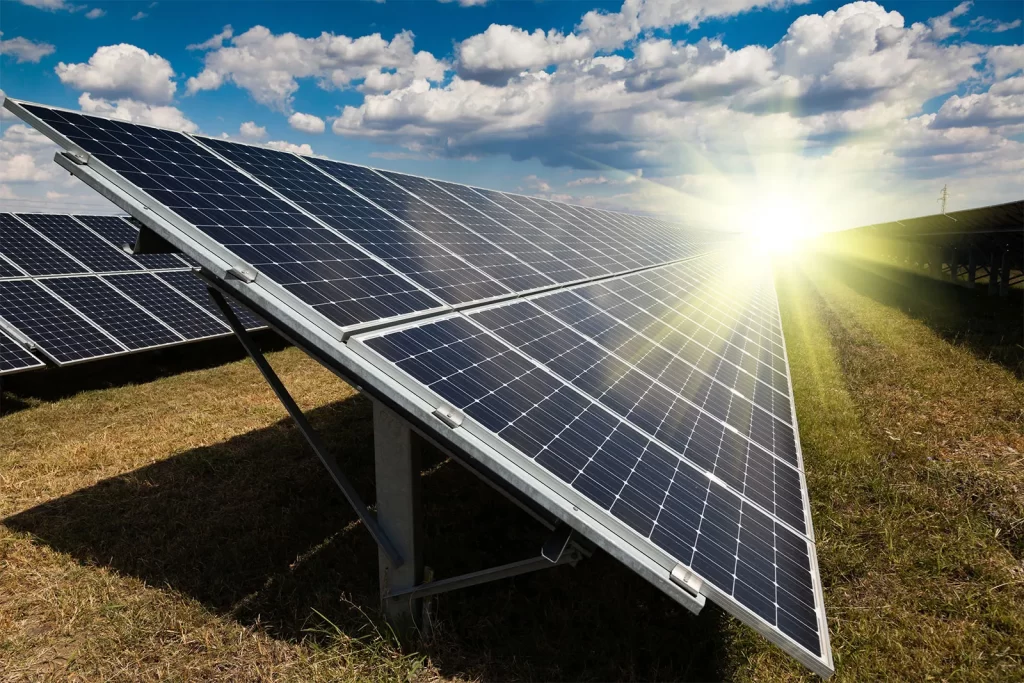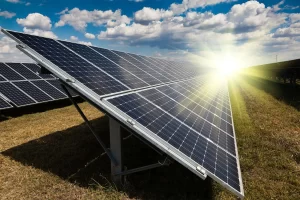In recent years, Nigeria has faced numerous challenges in meeting its growing energy demands. With an expanding population and increasing urbanization, the country’s energy infrastructure has struggled to keep pace, leading to frequent power outages and unreliable electricity supply. In the face of these challenges, renewable energy sources, particularly solar power, have emerged as a promising solution to Nigeria’s energy needs. In this blog post, we will explore the potential of solar power to address Nigeria’s energy challenges and the benefits it offers for both individuals and the environment.
The Current Energy Landscape in Nigeria:
Nigeria’s energy sector is primarily reliant on fossil fuels, particularly oil and gas, for power generation. While the country is rich in natural resources, including abundant sunlight, its energy infrastructure has historically been underdeveloped, leading to a heavy dependence on imported fuels and an overreliance on centralized power generation. This centralized model has resulted in inefficiencies, transmission losses, and a lack of access to electricity, particularly in rural areas.
The Case for Solar Power:
Solar power offers a sustainable and renewable alternative to traditional fossil fuels, with numerous benefits for Nigeria’s energy landscape:
- Abundant Solar Resources: Nigeria is blessed with abundant sunlight, with an average of 5.5 to 6.5 peak sun hours per day in most regions. This ample solar resource presents a significant opportunity for harnessing solar energy to meet the country’s electricity needs.
- Energy Access: Solar power has the potential to expand access to electricity in rural and underserved communities. Off-grid solar solutions, such as solar home systems and mini-grids, can provide reliable electricity to households and businesses in remote areas, reducing dependence on expensive and unreliable diesel generators.
- Cost-Effectiveness: Solar energy has become increasingly cost-competitive with traditional forms of energy generation, particularly as the cost of solar panels continues to decline. With proper planning and investment, solar power can offer long-term cost savings for both consumers and the government.
- Environmental Sustainability: Solar power is a clean and renewable energy source that produces no greenhouse gas emissions or air pollutants during operation. By transitioning to solar energy, Nigeria can reduce its carbon footprint, mitigate climate change, and improve air quality, leading to a healthier and more sustainable environment.
- Job Creation and Economic Development: The growth of the solar industry can stimulate economic development and create employment opportunities across the value chain, from manufacturing and installation to maintenance and servicing. By investing in solar power infrastructure, Nigeria can spur innovation, attract investment, and build a more resilient and diversified economy.
Challenges and Opportunities:
While solar power holds immense potential for Nigeria, several challenges must be addressed to realize its full benefits. These challenges include the upfront cost of solar installations, limited access to financing, inadequate regulatory frameworks, and technical capacity constraints. However, these challenges also present opportunities for collaboration between the public and private sectors, the development of innovative financing mechanisms, and the implementation of supportive policies and regulations.
Conclusion:
Solar power offers a sustainable and scalable solution to Nigeria’s energy challenges, with the potential to improve energy access, drive economic growth, and protect the environment. By embracing solar energy and investing in solar infrastructure, Nigeria can unlock its abundant solar resources and build a brighter and more prosperous future for all its citizens.




